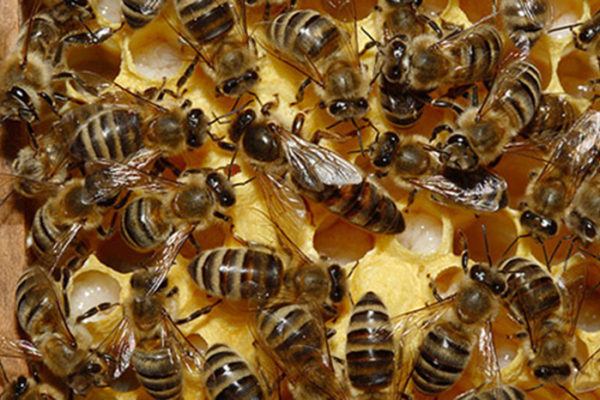Ignorance is sometimes bliss
Evolutionary biologist W.D. Hamilton predicted that organisms ought to evolve
the ability to discriminate degrees of kinship so as to refine their ability to direct help to individuals with whom they shared the most genes. But two WUSTL biologists point out that there seem to be many cases where “a veil of ignorance” prevents organisms from gaining this kind of information, forcing them to consider a situation from the perspective of all members of their group instead of solely from their own perspective or that of their close kin.
‘The new Jim Crow’: Michelle Alexander explains how our prison system condemns many African Americans to second-class status
In Michelle Alexander’s book, The New Jim Crow, the civil rights lawyer and professor offers surprising revelations about how our current prison system and drug policies are condeming a large population of African Americans to a life of second-class statush. Alexander will deliver a lecture on the subject at noon on Friday, November 1 for the Assembly Series and the Law School’s Public Interest Law and Policy Speakers Series.
Home Movie Day to be held at Central Library on Oct. 26
Director John Waters calls Home Movie Day “an orgy of self-discovery, a chance for family memories to suddenly become show business.” Washington University Libraries hosts St. Louis’ Home Movie Day, one of 70 events worldwide, at the Central Library on Saturday, Oct. 26.
Civitelli named president of bone, mineral society
Roberto Civitelli, MD, the Sydney M. and Stella H. Schoenberg Professor of Medicine, has been elected president of the American Society for Bone and Mineral Research (ASBMR), the world’s leading scientific organization for bone health research.
Lorraine Goffe-Rush to become next vice chancellor for human resources
Lorraine A. Goffe-Rush, assistant vice chancellor for human resources at Washington University in St. Louis, has been named vice chancellor for human resources, according to Chancellor Mark S. Wrighton. Goffe-Rush will succeed Ann B. Prenatt, vice chancellor for human resources since 2003, when she retires Dec. 31.
Kharasch, Sadler elected to Institute of Medicine
The School of Medicine’s Evan D. Kharasch, MD, PhD (left) and J. Evan Sadler, MD, PhD, have been elected to the Institute of Medicine of the National
Academy of Sciences, one of the highest honors medical scientists in the United States can receive.
Butterfly Garden celebrates 17th birthday, honors longtime leaders
The 17th birthday celebration of the Elizabeth Danforth Butterfly Garden, held Oct. 6, drew 60 guests to enjoy the garden and honor longtime volunteer leader Jean Davis. The garden was dedicated in 1996 in honor of Elizabeth Gray Danforth, the late wife of Washington University Chancellor Emeritus William Danforth.
Study suggests private NICU rooms may influence preemies’ development
Premature babies often spend their first months of life in neonatal intensive care units (NICUs) — environments that, in recent years, have seen transformations, with hospitals adding private rooms to NICUs in place of open wards. But research at the School of Medicine adds new information to the discussion over what is the optimal setting for infants in the NICU. Shown is the study’s first author, Bobbi Pineda, PhD, in the NICU at St. Louis Children’s Hospital.
Eberlein honored by Royal College of Surgeons of Edinburgh
Timothy J. Eberlein, MD, the William K. Bixby Professor of Surgery and chairman of the Department of Surgery at the School of Medicine, was inducted last month as an honorary fellow into the Royal College of Surgeons of Edinburgh, one of the world’s oldest organizations dedicated to advances in surgery.
New clue to aggressive brain tumors
Scientists at the School of Medicine have identified a biological marker that may help predict overall survival of people with deadly brain tumors. The marker is made by noncancerous cells known as monocytes (pictured in brown).
View More Stories

